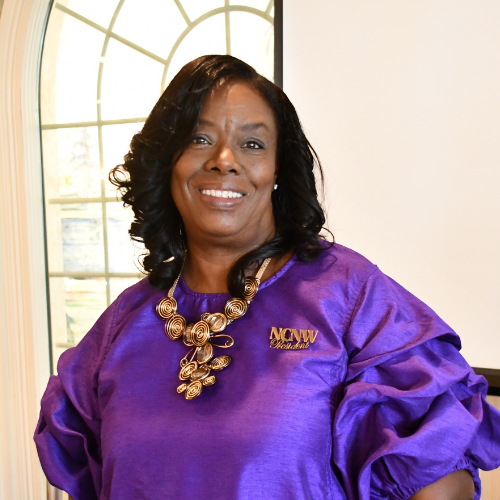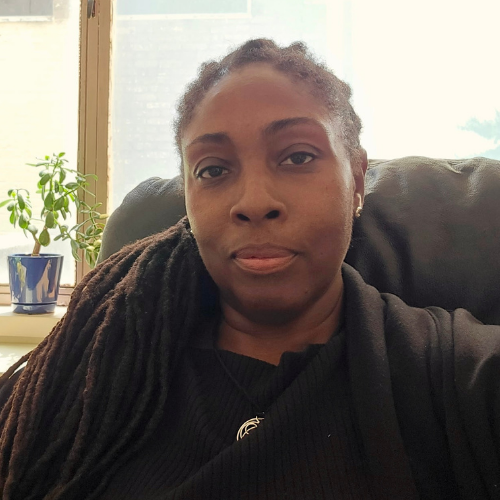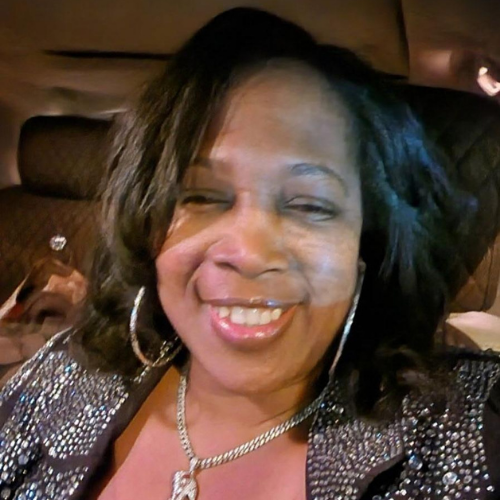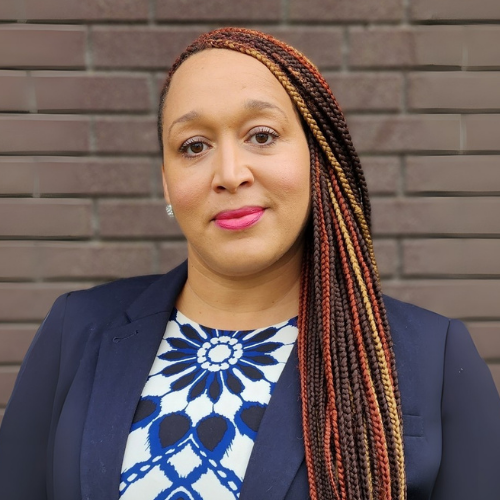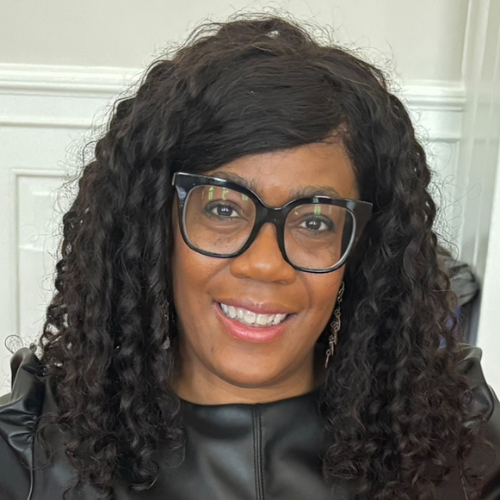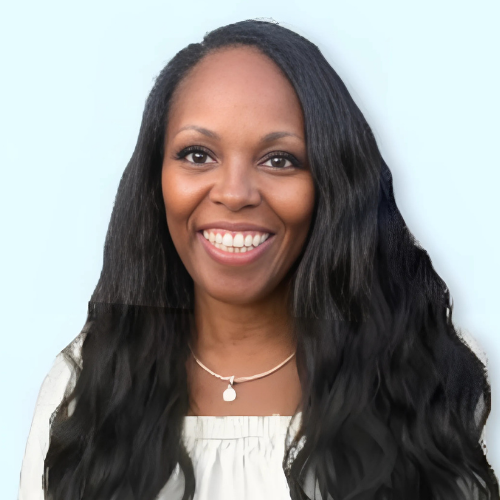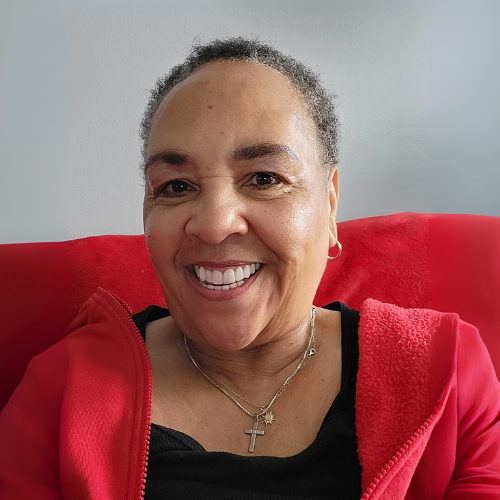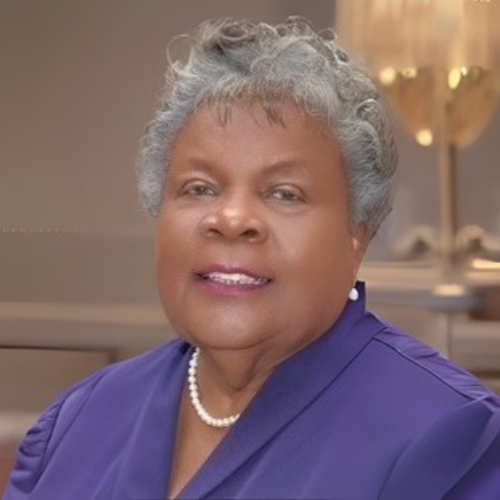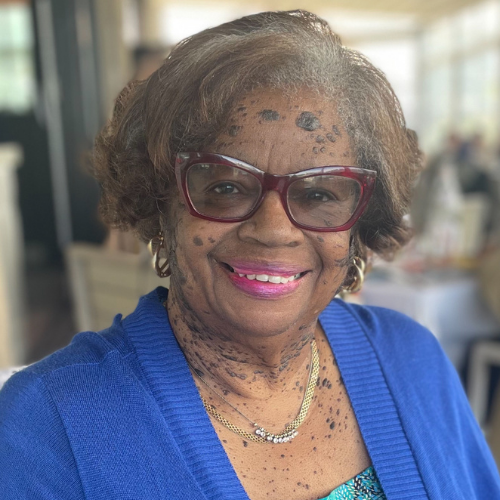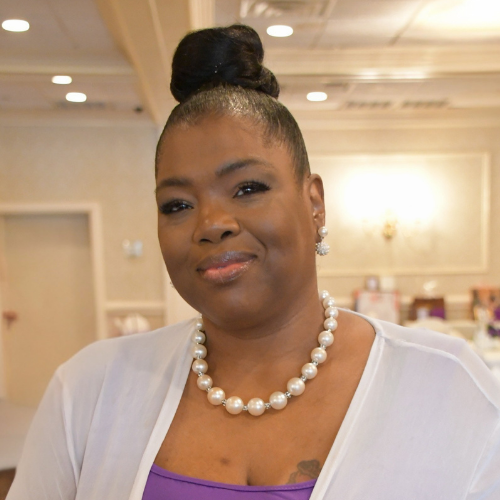About NCNW
Rooted in Legacy Leading with Purpose
Who We Are
National Council of Negro Women
The National Council of Negro Women (NCNW) is an “organization of organizations” dedicated to leading, advocating for, and empowering women of African descent, their families, and communities. Founded in 1935 by visionary educator and activist Dr. Mary McLeod Bethune, NCNW has grown into a powerful national movement with over 350 community and campus-based sections and 37 national organizational affiliates, reaching more than 2 million women and men.
NCNW connects generations through a shared commitment to progress, justice, and community. For forty years, the late Dr. Dorothy I. Height, a towering civil rights leader, served as president—helping cement NCNW’s legacy of service and leadership across the nation.
As a trusted voice for African American women, NCNW creates space for collaboration, uplifts underserved communities, and empowers its members to be agents of change.
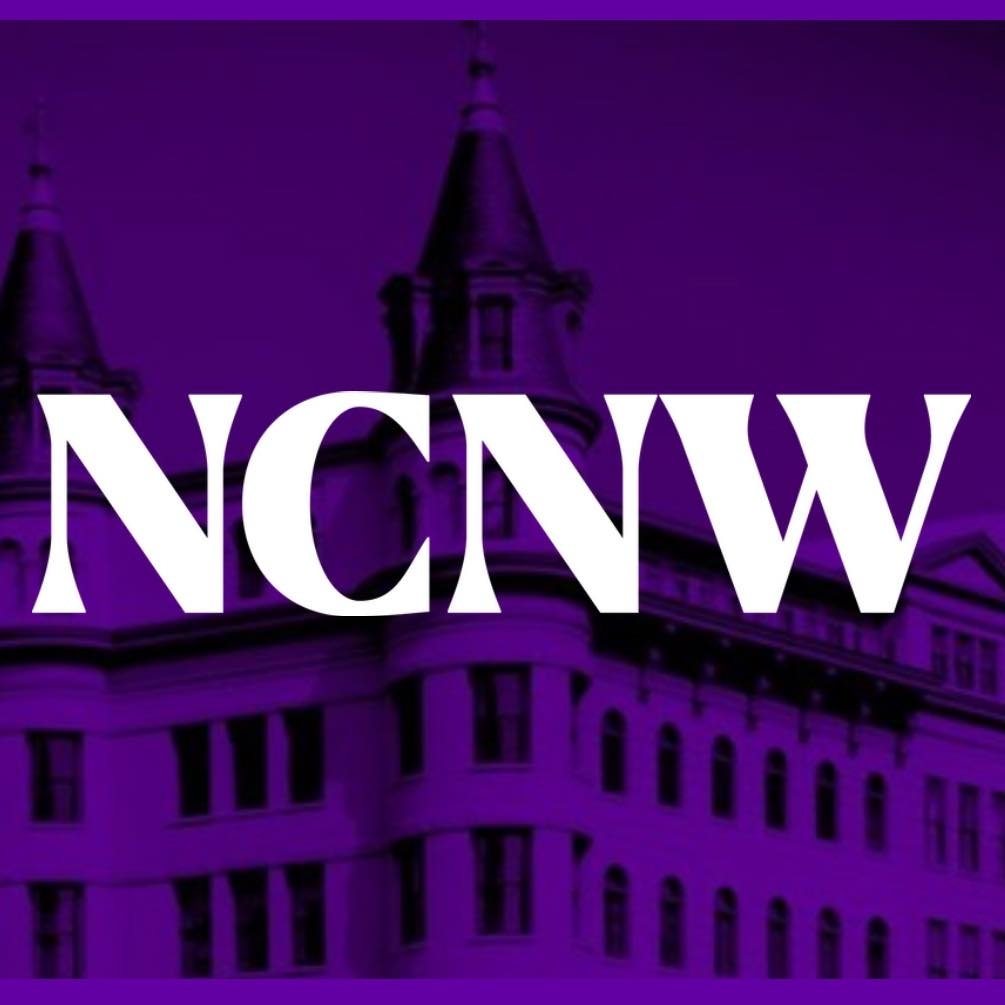
Our Mission and Priorities
Leading with Purpose

Health & Wellness
We address disparities in access to care by offering health education, preventive screenings, and programs that encourage holistic wellness—especially in communities that are often overlooked by the healthcare system.
Economic Empowerment
We provide tools for financial independence by promoting entrepreneurship, wealth-building strategies, and financial literacy training. NCNW believes economic stability is a foundation for freedom and self-determination.


Education
We champion education at every stage of life—from early literacy to career development—by supporting mentoring programs, scholarships, and initiatives that help close the opportunity gap for Black youth and adults.
Social Justice and Civic Engagement
We fight injustice by raising awareness, educating our members, and organizing to change the policies that impact our lives. From voting rights to equity in housing, NCNW trains advocates who take action.


The Roselle Section
A Legacy of Service Since 1972
The Roselle Section of the National Council of Negro Women was chartered on April 20, 1972, by 50 visionary members determined to make a lasting difference in their community. For more than five decades, the Roselle Section has continued to honor that legacy—bringing NCNW’s national mission to life through local action, leadership, and service.
From our annual Harambee Brunch, where we celebrate unity and uplift one another, to the Mother’s Day Brunch, which honors outstanding community leaders, we create spaces that build pride, connection, and purpose. We foster fellowship and joy through events like the Hats Off to Dorothy Height Tea and Community Game Night—always grounded in love and legacy.
Our work centers around the core NCNW priorities of health, education, economic empowerment, and social justice, serving families across Roselle and surrounding communities. As part of a national sisterhood of 350+ sections, the Roselle Section proudly carries forward the vision of Dr. Mary McLeod Bethune—a vision rooted in service, unity, and transformative impact.
National Leadership
Meet the Women Leading NCNW Forward

Dr. A. Lois Keith – National Chair
Dr. A. Lois Keith is a Legacy Life Member and Bethune Achiever who has spent decades advancing the work of NCNW. Elected as National Vice President in 2016, she now serves as National Chair, where she oversees national initiatives, builds strategic partnerships, and strengthens the organization’s foundation. Dr. Keith’s leadership reflects a lifetime of dedication to education, public service, and advocacy for Black women and families across the country.

Rev. Shavon Arline-Bradley – President & CEO
Rev. Shavon Arline-Bradley brings over 21 years of experience in healthcare, DEI, and government affairs to her role as NCNW’s President and CEO. She leads the organization’s operations, national programming, and advocacy strategy while expanding its impact across communities. As the founding principal of R.E.A.C.H. Beyond Solutions, she also works to promote equity, leadership development, and public health outcomes. Her leadership bridges faith, strategy, and action for lasting change.

